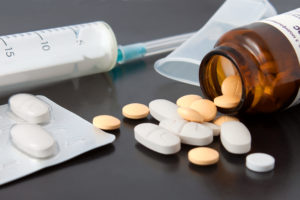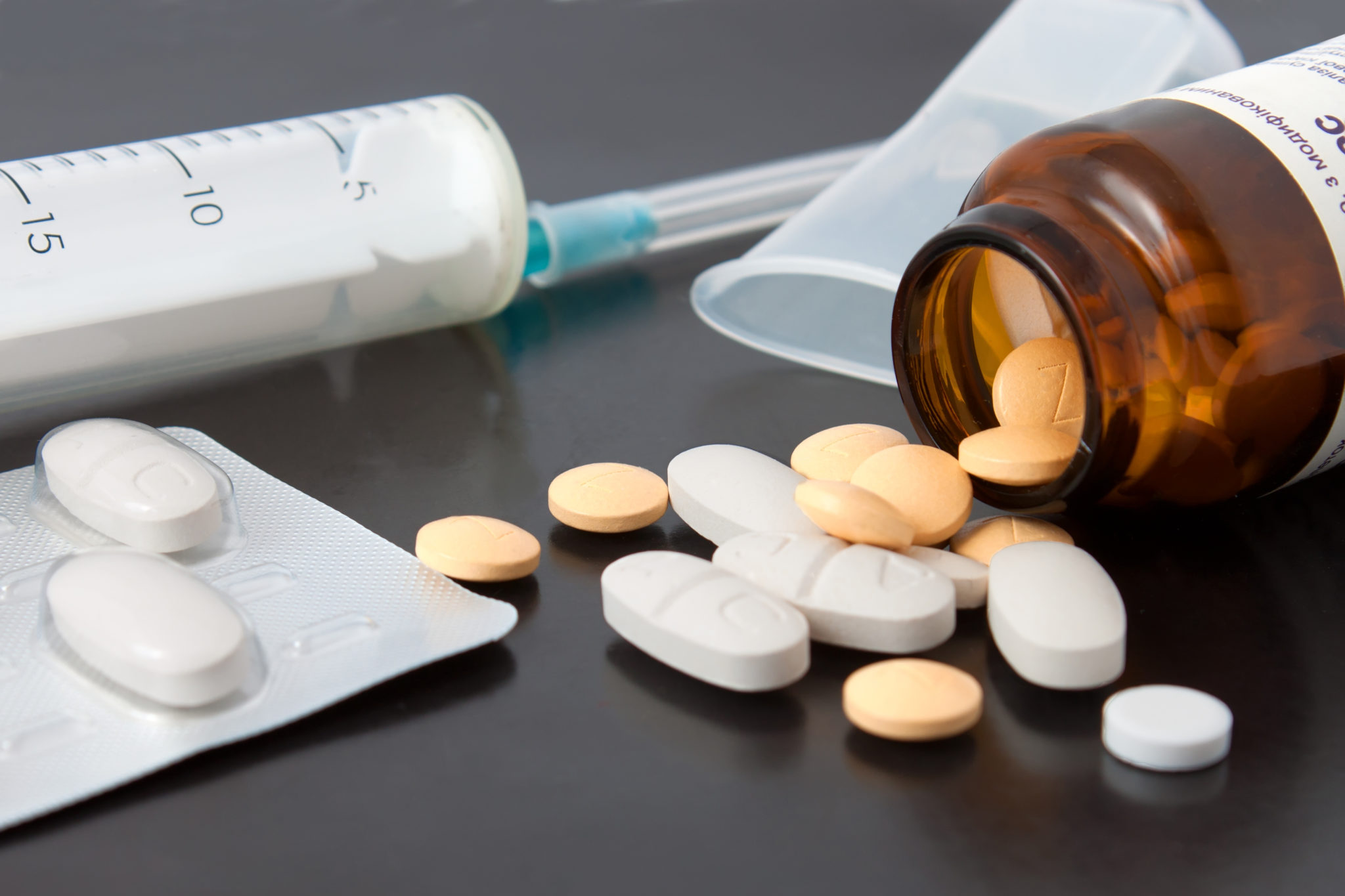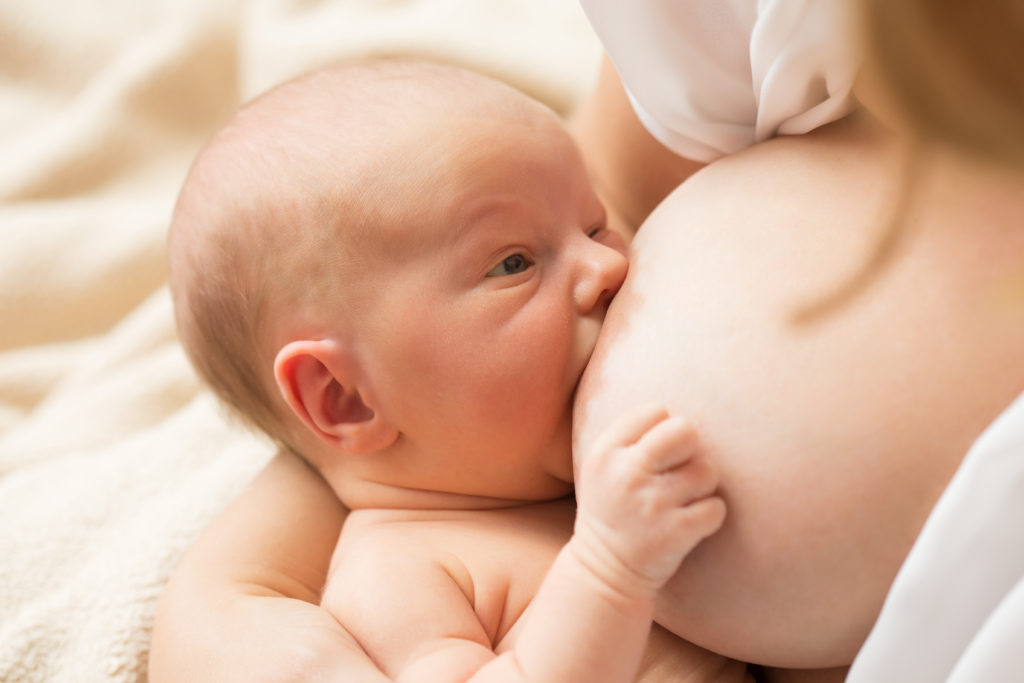 Most mothers anticipate health challenges with their newborn. You’ve probably read up on vaccines and the diseases they aim to prevent, have prepared care plans for days when your baby comes down with a cold, and come up with ideas to handle a colicky baby, just in case. Yet, in making all these plans, rarely do new mothers consider their own health following the birth of a child, but just as your baby will get sick at some point, you will too! If you’re a breastfeeding mother, you may be unsure of how to cope with illness, especially illnesses that require medicinal interventions.
Most mothers anticipate health challenges with their newborn. You’ve probably read up on vaccines and the diseases they aim to prevent, have prepared care plans for days when your baby comes down with a cold, and come up with ideas to handle a colicky baby, just in case. Yet, in making all these plans, rarely do new mothers consider their own health following the birth of a child, but just as your baby will get sick at some point, you will too! If you’re a breastfeeding mother, you may be unsure of how to cope with illness, especially illnesses that require medicinal interventions.
How Do We Know What’s Safe to Use While Breastfeeding?
Many mothers wonder if they’ll have to stop breastfeeding because they’ve got an illness requiring medical treatment. It’s scary enough to be sick, but will it impact their relationship with their baby? Before getting too worked up, let’s look at what we know about medications and breast milk.
While it’s generally accepted that all medications will pass into the breast milk, most physicians believe that the passed amount is pretty low. When doctors are determining whether or not a medication is safe to take while breastfeeding, they’ll look at the medications fat solubility, molecular size, the amount of drug needed to treat the condition, as well as anticipated side effects of the medication. In most cases, physicians can treat illness with a breast milk safe medication so that mother and baby’s breastfeeding relationship can be preserved. The Mayo Clinic has a quick list of common medications frequently prescribed to breastfeeding mothers. You can take a closer look at that list here. This list is not all inclusive and all people, including breastfeeding moms, should talk to their doctor before taking over the counter medications. In most cases of illness, from urinary tract infections, to mental illness, breastfeeding will not need to be discontinued.
Staying Healthy to Prevent Illness
The first step to treating any illness is preventing it. New mothers should take extra time to catch a few more hours of sleep, exercise once able and comfortable, and eat wholesome foods. If you’ve recently had a baby, talk to your support person, friends and family about how they can help you stay healthy. Taking an account of your health risks may help you develop a plan to combat illness. If you’ve got a history of depression in yourself or in your family, you may want to take extra steps to prevent or work through postpartum depression. Find yourself a good therapist and make sure to ask for help adjusting to the changes in your life.
Most women are at an increased risk of developing urinary tract infections after giving birth. Drink plenty of water and cranberry juice, wear loose fitting, cotton clothing and urinate frequently. Once you resume sexual activity, make sure to use the restroom before and after intercourse.
Mastitis is an infection of the breast common in postpartum women. You can reduce your risk of developing this illness by nursing frequently, keeping your nipples clean, dry, and free from cracks. Practice proper latching techniques to avoid injury to your nipples.
Hand washing is the best way to prevent the spread of infection. Make sure that you are practicing good hand washing habits throughout the day and that your friends and family do the same. Ask sick family members to avoid visiting if they’ve got an illness that may be contagious.
When preventing illness doesn’t work and you’ve come down with a bug, see your primary care provider. They’ll decide whether you need pharmaceutical intervention or if you can tough out whatever you’ve come down with on your own. Whether you’ve got a UTI or fear you’re facing some mental health issues, don’t delay treatment. Your health is just as important as your infant’s health. In the rare case that breastfeeding is impossible while you are receiving treatment, keep in mind that your baby deserves a healthy parent. Whether you need to take a break from nursing or you are unable to continue nursing altogether, know that taking care of yourself means that you get to be a better parent for your baby.




Leave a Reply